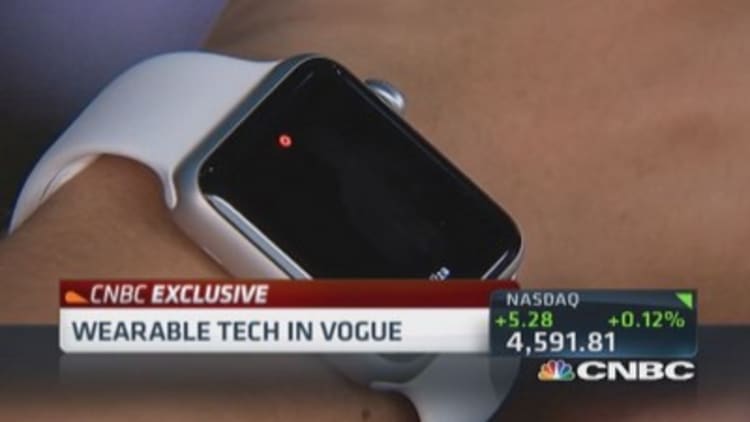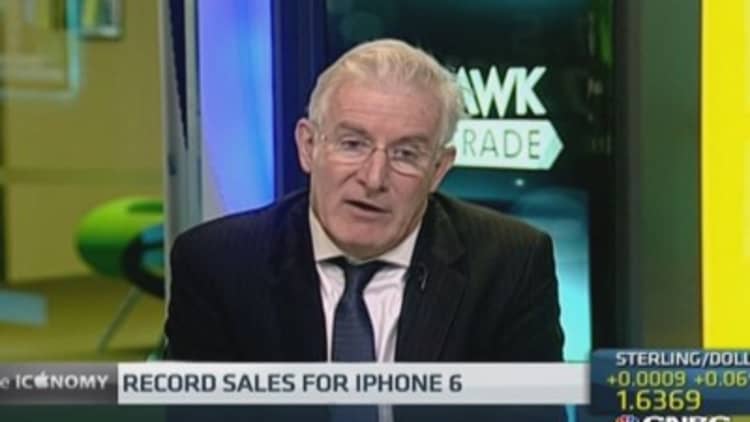Thirty-year-old Grace Choi may still live with her parents in Queens, New York, but her ambitions are much bigger.
"My calling is to be an inventor—and if I am going to do this, let me do something meaningful," Choi said.
The Harvard Business School grad wasn't ready to settle on one career, until she figured out how to print makeup from her own printer using FDA-approved ink (vegetable or edible ink), instead of the standard print colors. The company she's created from this discovery is called Mink.
"I just tore up the printer, went through some bad ones, messed up a few here and there, and then came across one that worked,'' said Choi, who went through about 20 printers to find one that would print the best results.
The small Mink prototype printer is about the size of a standard home printer, and turns any image into any kind of makeup. Women will soon be able to bypass stores and immediately create lipstick, lip gloss, eye shadow, blush, nail polish, brow powder—pretty much everything except foundations and face power.

"We're giving women the power to have what they want, when they want it," Choi said.
Using the device is as simple as taking a picture of your friend's lipstick, or finding an image you like on the web, and then printing a lipstick in that exact color with just a few clicks. Think of it as a "visual iTunes for beauty," Choi said.
Creating the Mink, from thought to finished product, took roughly a month, Choi said. She has no backing, and is currently funding the one-person company from her savings.
Read More Earphones: The holy grail for 3D printing?
Much of the make-up sold by high-end labels starts with the same base substrates, or ingredients, as cheaper ones, said Choi. The Mink printing machine takes those substrates and adds color to them, offering you just enough make-up for your application while eliminating the need for containers to hold it in.
"Mink turns the Internet into the world's biggest beauty store," Choi said. "It not only unlocks every image but it unlocks every pixel."
How it Works
A user would choose a hue from the Internet, or a photograph, and convert it into color code using software, such as Paint, available on most computers. The color code is sent to the Mink, and the device prints a pigment onto the raw materials used for powder, cream or gel makeups. Load the colorless makeup palate, and in less than a minute you can print that color into a blush, eye shadow, lip gloss or any other type of make-up.
Choi's solution prints just a top layer of ink onto a blank (white) shadow, cream or moisturizer. It could be seen as a problem that the ink doesn't seep all the way through like consumers are used to when they buy make-up, but Choi actually thinks it's a good problem that could save consumers money.
Read MoreHighlights from New York fashion week
"Print out as much as you need or want," said Choi who expects to launch the Mink makeup next summer and retail for $300. Choi adds that the savings from producing your own personalized makeup instead of buying expensive brands in department stores easily makes up for the initial cost of the printer.

Choi hopes that Mink disrupts not only beauty-company supply chains, but people's standard of beauty and diversity.
"A women's confidence starts with the beauty industry, that's when all of a sudden there's a standard—they tell you how you should look," Choi said.
With a targeted demographic of 13 to 21, building self-confidence is the ultimate point of Mink.
Read MoreBeauty: Luxury's ugly battleground
"It's finally training our girls to understand the definition of beautiful should be in their control—not the corporations," Choi said.

